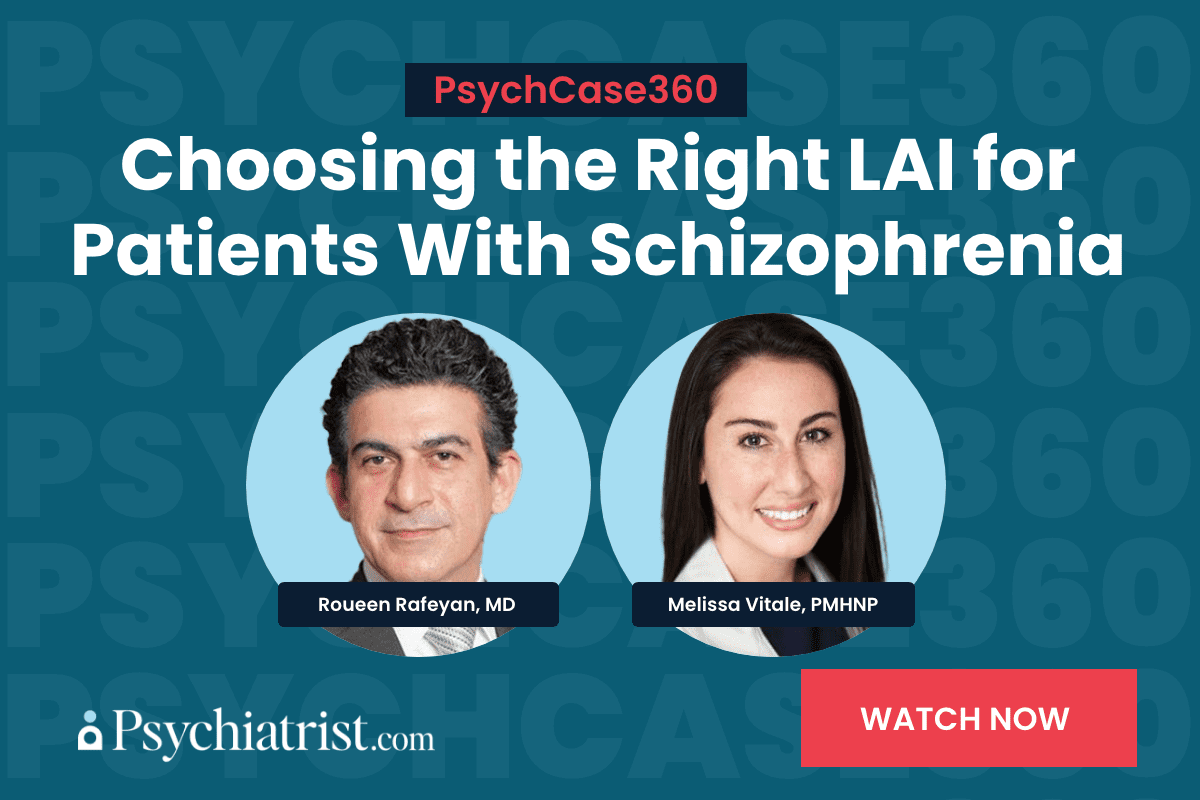Apparently music is more than the food of life. For people like cognitive neuroscientist, PhD student, and researcher Yiren Ren, it’s also more than just background noise, too. It’s vital in helping the brain focus, learn, and process emotions. Ren, a student at Georgia Tech University’s School of Psychology, is digging into how – exactly – music shapes memory and mood, revealing the potential applications for mental health treatment and learning.
To that end, Ren led the way on a pair of related studies, appearing in Cognitive, Affective, & Behavioral Neuroscience (CABN) and PLOS One, that analyze the dual roles that music plays:
- How it helps us shape new memories as we learn.
- And how it influences the emotional tone of the memories we already have.
Both studies provide a wealth of insight that could have far-reaching implications for education, cognitive health, and therapy.
“These studies are connected because they both explore innovative applications of music in memory modulation, offering insights for both everyday and clinical use,” Ren explained.
Her research adviser, Thackery Brown, who directs Georgia Tech’s MAP (Memory, Affect, and Planning) Lab, helped to break down the differences between the two papers.
“One paper looks at how music changes the quality of your memory when you’re first forming it — it’s about learning,” Brown said. “The other focuses on memories we already have and whether music can change the emotions attached to them.”
Shaping Emotions Through Music
In the CABN study, Ren and her fellow researchers examined how music can alter the emotional tone of past experiences. To do that, the team worked with nearly four dozen Georgia Tech students. They asked them to think about specific moments in their lives – painful memories – while listening to movie soundtracks composed to stoke certain feelings.
The authors concede that since this wasn’t a clinical trial, they didn’t choose the study participants based on pre-existing mood disorders. They wanted to find out whether music – on its own – could temper the memory’s intensity.
What they found startled them. Music altered the study participants’ emotional recall. Specifically, it allowed them to imprint new emotions onto old memories – emotions that synced up with the tone of the music.
Even better? The effect persisted. A day later, the study participants recalled those same memories with the new emotional tone – even without the soundtrack. And they found hard evidence to back this up. Functional magnetic resonance imaging (fMRI) scans shower stronger connectivity between the amygdala and other memory-related areas of the brain.
“This sheds light on the malleability of memory in response to music,” Ren pointed out. “It’s a powerful demonstration of how music can alter the emotional tone of existing memories.”
Familiar Music Makes for Better Learning
Ren’s second paper, in PLOS One, looked at how the tunes we love shapes how we learn and form memories. Ren designed an experiment where 48 participants learned sequences of abstract shapes while different types of music played in the background.
The research team played some structured and predictable music. They also played other compositions that were irregular and atonal. Think Taylor Swift vs. late John Coltrane.
What they found couldn’t be more plain. The more predictable tunes notably boosted the participants’ ability to learn and recall information. The music’s structured patterns operated like a scaffold, Rey argued, helping the brain arrange new information.
The more irregular music, on the other hand, interfered with the learning process. Rey’s team compared it to someone trying to focus as chaos swirled around them.
“This highlights the dual nature of music in memory,” Ren added. “While familiar, structured music aids memory, unpredictable music can hinder it.”
Chasing a Lifelong Passion
The road Ren took to her neuroscience career started from a love of music. Ren, a versatile musician in her own right, also studied film production and sound design during her undergrad days at Boston University. She’s spent the rest of her career trying to bridge the gap between the “art” of music and the “science” of the mind.
Now, she’s working to develop music-based therapies for dementia, depression, and post-traumatic stress disorder (PTSD).
“These studies reveal music’s potential as a powerful tool for cognitive and emotional well-being,” she said.
Ren concluded that she sees a future where tailored music interventions could help PTSD patients work through their trauma and help older patients hold onto their memories.
Further Reading
World’s Most Relaxing Song May Reduce Anxiety by 65%
Post-2020 Election Partisan Hostility Left Americans Traumatized
Singer-Songwriter Ren’s Raw Depictions of Mental Health Strike a Chord



